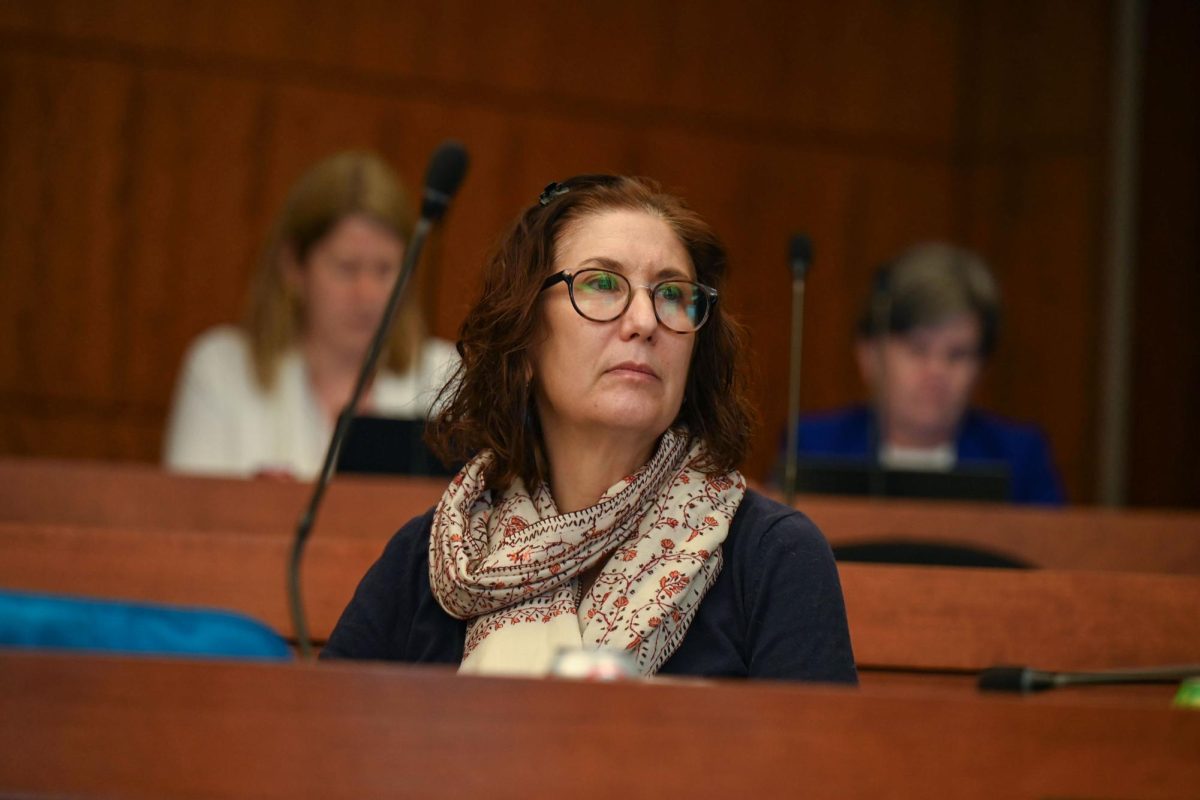President Barack Obama pledged to improve government agencies’ responsiveness to Freedom of Information Act, but a study by GW’s National Security Archives found that despite a presidential memo, barely half of the federal agencies have made strides to improve the FOIA process.
Obama issued a memorandum in 2009 promising his administration would “disclose information rapidly in forms that the public can readily find and use.” But the National Security Archives study released March 14 found that only 49 of 90 agencies took “concrete” steps to improve their FOIA responses.
The Freedom of Information Act allows citizens to request documents from the government and puts the burden of nondisclosure on the government.
Researchers sent 90 FOIA requests to agencies last October to test the system, Nate Jones, FOIA director at the NSA, said. Seventeen of the 90 agencies are still working on providing materials requested by researchers, despite a law that requires agencies to respond within 20 business days.
Another 17 agencies confirmed they received requests but did not provide the requested information, and four agencies did not acknowledge receiving the FOIA requests at all. Two agencies withheld documents from the researchers and another released documents but did not make any internal changes to the way FOIA requests are handled to increase efficiency in responding.
The 2011 survey found an improvement from last year, when only 13 agencies improved their FOIA processes after Obama’s memorandum.
Jones said the Obama administration must continuously prod agencies and twist arms to push agencies further.
“This year we wanted to conduct the audit to see if FOIA was improving during the Obama administration like he pledged it would,” Jones said.
The report was released March 14 in honor of Sunshine Week, a week highlighting the importance of government transparency and the public’s right to information.
Ken Bunting, executive director of the National Freedom of Information Coalition, said Sunshine Week draws more attention to opening up government information for the public.
“With government at all levels, there has been a culture of protecting information because they know information gives the public power and there are a lot of people in public life who don’t want to be second-guessed,” Bunting said. “When citizens demand it, things will get better.”







